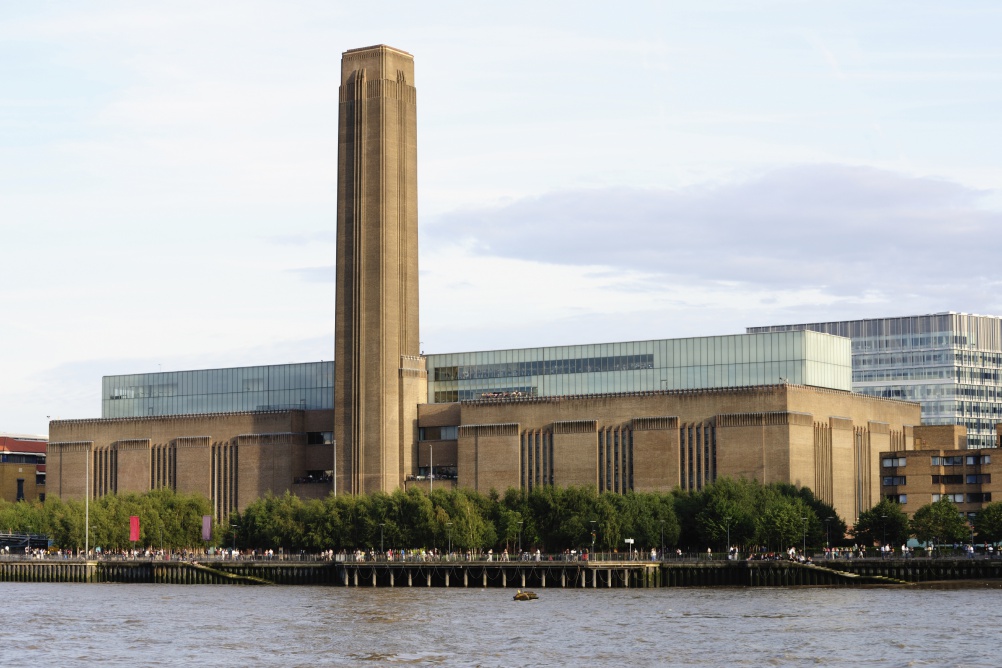Public arts investment “crucial” for creative industries success
Government investment in the arts has a beneficial effect on the wider creative industries – including design – argues a new report from the Creative Industries Federation.

Government investment in the arts is “crucial” to the future success of the wider creative industries, including design, argues the Creative Industries Federation.
The CIF launched last year and describes itself as “the UK’s first independent membership organisation for the creative industries”. Its members include the BBC, the Design Council and the Design Business Association.
Its new policy report – The Arts and Growth report – looks at the link between the UK’s commercial creative companies and public arts investment and has been produced in collaboration with Arts Council England.
Creative industries growing faster than any other sector
The report quotes Government figures showing that the GVA (growth value added) of the UK’s creative industries grew at nearly 10% from 2012-13 – higher than any other industrial sector.
It argues that public investment in the arts is key to fuelling the wider creative sector – such as design, advertising and architecture.
The report says that publicly-funded arts act as a source of jobs for the creative industries, as well as “essential” research and development for creative ideas, before business is able to invest.
The report also says public investment “fosters creative places and spaces, which promote our creative industries internationally and provide inspiring environments to work, live and thrive.”
Publicly funded arts “enrich creative sector”
Chris Hirst, European CEO of Havas, says: “The nation’s investment into the publicly funded arts is without a doubt a key driver of the next generation of talent for the creative industries.
“There is no question that it enriches advertising. This is partly in a linear sense – we try to hire creative people from various backgrounds. But I also believe tat creativity is such a difficult concept to pin down that no idea in any creative field is given birth to in isolation. All build on thinking and inspiration that comes from a person’s cultural life. In the UK, we stand on the shoulders of giants.”
“To be a great coder you need to be as creative as a poet or a designer”
Baroness Martha Lane-Fox says: “People don’t always recognise the link between the technology sector and the UK’s public arts. But to be a great coder you need to be as creative as a poet or a designer. It is precisely this parallel which has encouraged me to not only advocate for the technology sector, including coding in schools, but to work with the Design Council and the Women’s Prize for Fiction, advocating for creativity across the board.
“When we inspire each other we end up with a stronger society as well as a stronger economy, and having public arts organisations is an important part of the puzzle.
UK spends less on arts than France or Germany
The CIF report highlights the fact that the UK invests a smaller percentage of its GDP in arts and culture than the European Union average – and less than European competitors like France and Germany.
The report’s authors say: “The arts have become more entrepreneurial to increase revenues from earned income and private and philanthropic investment but its leaders are clear that a bottom line of public investment is crucial to the mixed economy that has made British arts the envy of the world.
“Sustained investment will benefit not only the arts themselves but the broader creative industries who acknowledge the interdependence of the sectors and are thriving in consequence.
“It is a success built on the tiniest of public investments. Imagine the economic potential if investment were increased.”
You can read the CIF report in full here.
Discover more:
• Design’s value to UK economy soars
• Creative industries “need joined-up approach and investment in skills”
• What should Government do to support the creative industries?
• UK’s “first independent membership organisation for the creative industries” launches
-
Post a comment




